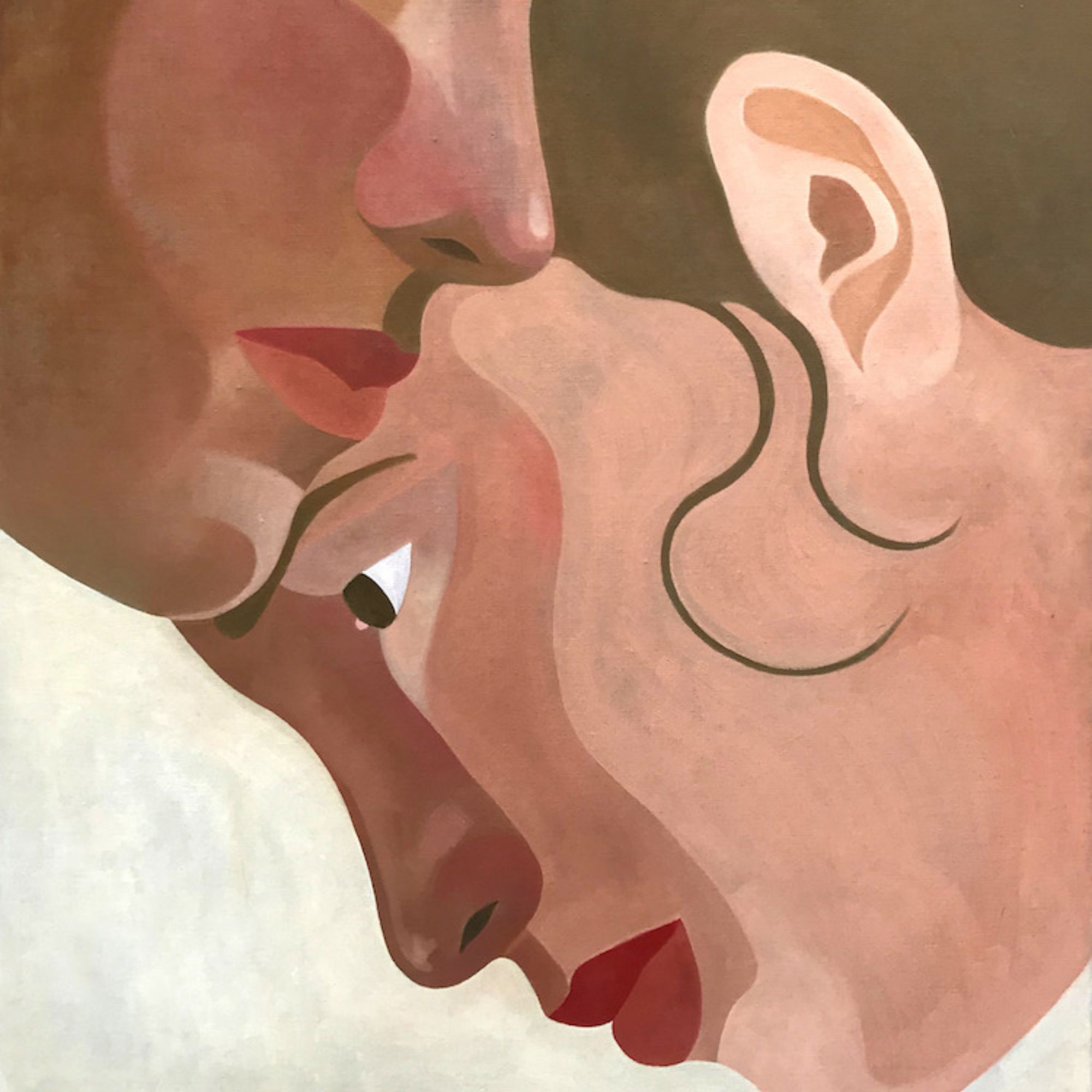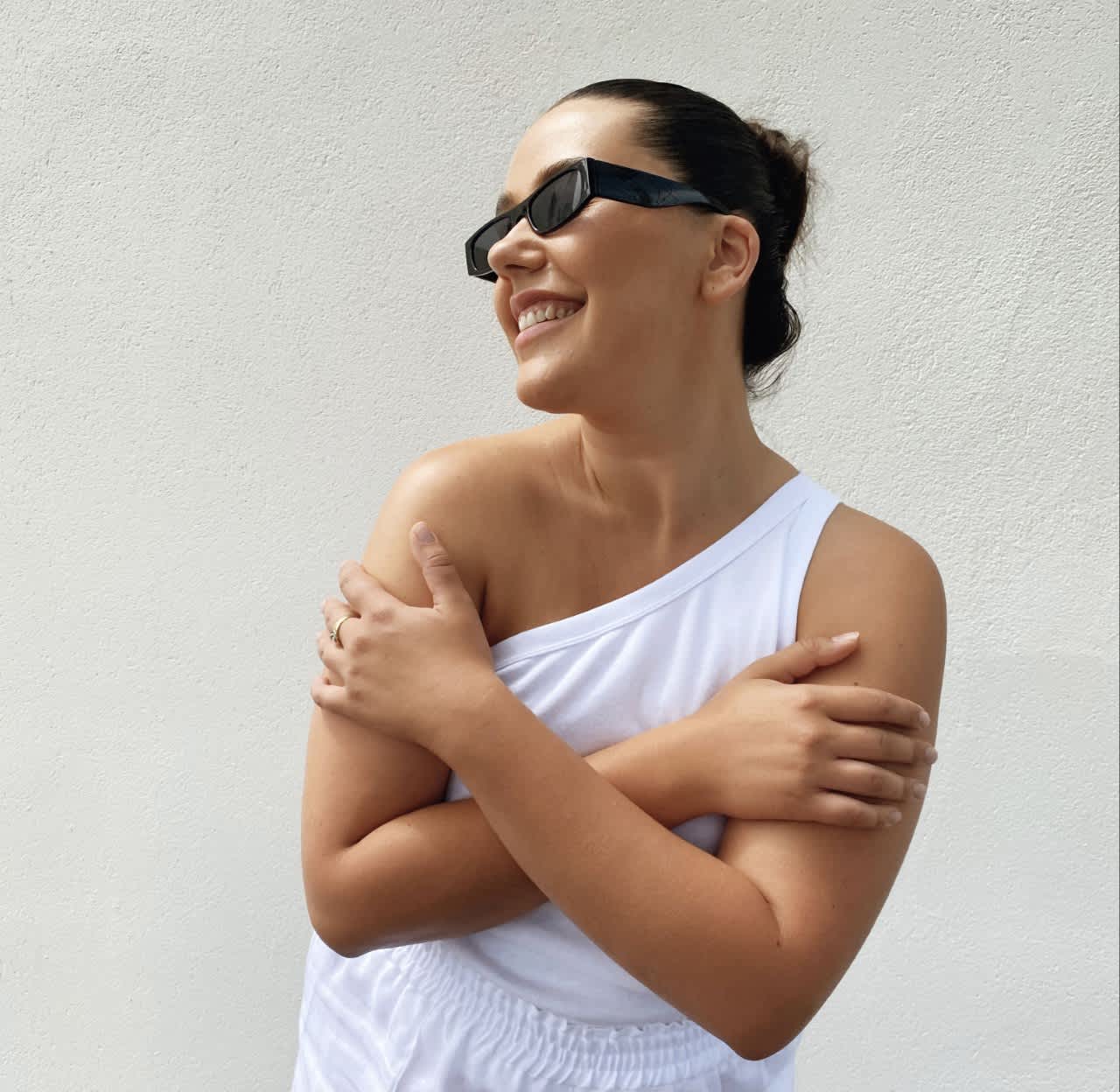
- POPSUGAR Australia
- Living
- How To Be the Best Friend Possible to Someone With ADHD
How To Be the Best Friend Possible to Someone With ADHD

One of my best friends recently got diagnosed with ADHD and since then, I feel like I see the term everywhere.
ADHD, or attention-deficit/hyperactivity disorder, is diagnosed as a persistent pattern of inattention and/or hyperactivity-impulsivity that interferes with functioning or development. Some common traits of ADHD can present as being easily distracted, forgetfulness in daily activities, lots of fidgeting, being “on the go” and excessive talking.
I’ve noticed an increasing number of people on my Instagram feed talking about their ADHD, sharing their diagnoses, using it to explain certain behaviours and ways of thinking and just generally having conversations around how common it is and what an impact it can have on their lives.
This got me to thinking, how can I become a better friend to my friends with ADHD? As someone who doesn’t have it, I want to be able to support them as much as possible, without overstepping.
I asked Lysn psychologist, Nancy Sokarno as well as my friend, Bree, for some insights.
Be Compassionate
If someone in your life has recently been diagnosed with ADHD, it’s so important to be compassionat to how they’re feeling. They might not know how they’re feeling yet, which is totally understandable. And although you want to learn and be a better friend, take the space to just be compassionate towards them and their needs for a while. “Like all mental health concerns, compassion and empathy are always very important,” says Sokarno.
Ask them questions, let them talk and cry. And if they want to be alone, that’s okay too. Just allow them the space to be how they need, and try to compassionate and empathetic through it all.
Offer Guidance
If you suspect that your friend might suffer from ADHD, but don’t have enough information, you could guide them towards getting some answers — especially if they’re questioning things themselves.
“Therapy and medical intervention can also be very effective in helping manage the symptoms and disorder,” says Sokarno. “You could direct them to informative platforms where they can get a better understanding of what is going on which often helps alleviate stress related to the unknown. You can advise them that it is best for them to speak to their doctor/paediatrician and psychologists for the most informed answers.”
Be Patient
When my best friend Bree was recently diagnosed with ADHD, I asked her what she needed from me. She said that patience, is the kindest thing that anyone could give her in this journey.
“I encourage anyone who might be related to, friends with, or in love with someone facing a potential diagnosis to please, please be patient,” she says.
“It might feel like we won’t stop talking about it, but that’s because when we’re given the manual to a car that’s been mysteriously breaking down every time we drive it, every single day for decades, it’s a feeling as frustratingly beautiful and all-consuming as you can imagine.
“Understand that they probably recognise their ‘shortcomings’ far more intimately than you do. Listen deeply, be open-minded, and tell them they’re doing just fine in a world that was built for a neurotypical brain. Maybe check if they’ve drank water today while you’re at it, lol.”
Educate Yourself
If you’re looking to be the best friend to can to someone who is struggling with something you’ve never experience — whether it’s ADHD or something else — one of the most helpful and respectful things you can do is to educate yourself. Whether that’s seeking expert advice from your own psychologist, or utilising platforms such as free over-the-phone services from places like Beyond Blue or Lysn, can offer a wealth of knowledge. All you have to do is ask the questions, and there’s always an expert available to help
“These services can be instrumental in providing the support you need to understand your — or someone else’s — symptoms, and help you find ways of managing,” says Sokarno.
Just Be There
Sometimes just being there, is all you need to do. Let your friend know how much you care by being there for them. You don’t always need to be “doing” something; offering a hug, a shoulder to cry on, a listening ear or even something totally unrelated that might take their mind off things… is super valuable.
“My inner circle has been so wonderful throughout this experience by giving me a gentle and loving space to explore myself with them, and I am truly lucky for that,” Bree says.
“Following my diagnosis I combed back through my entire life and noticed how ADHD played a part in almost all of my struggles, and that felt incredibly overwhelming, but knowing I had people around me who would hear me made it feel possible.”


